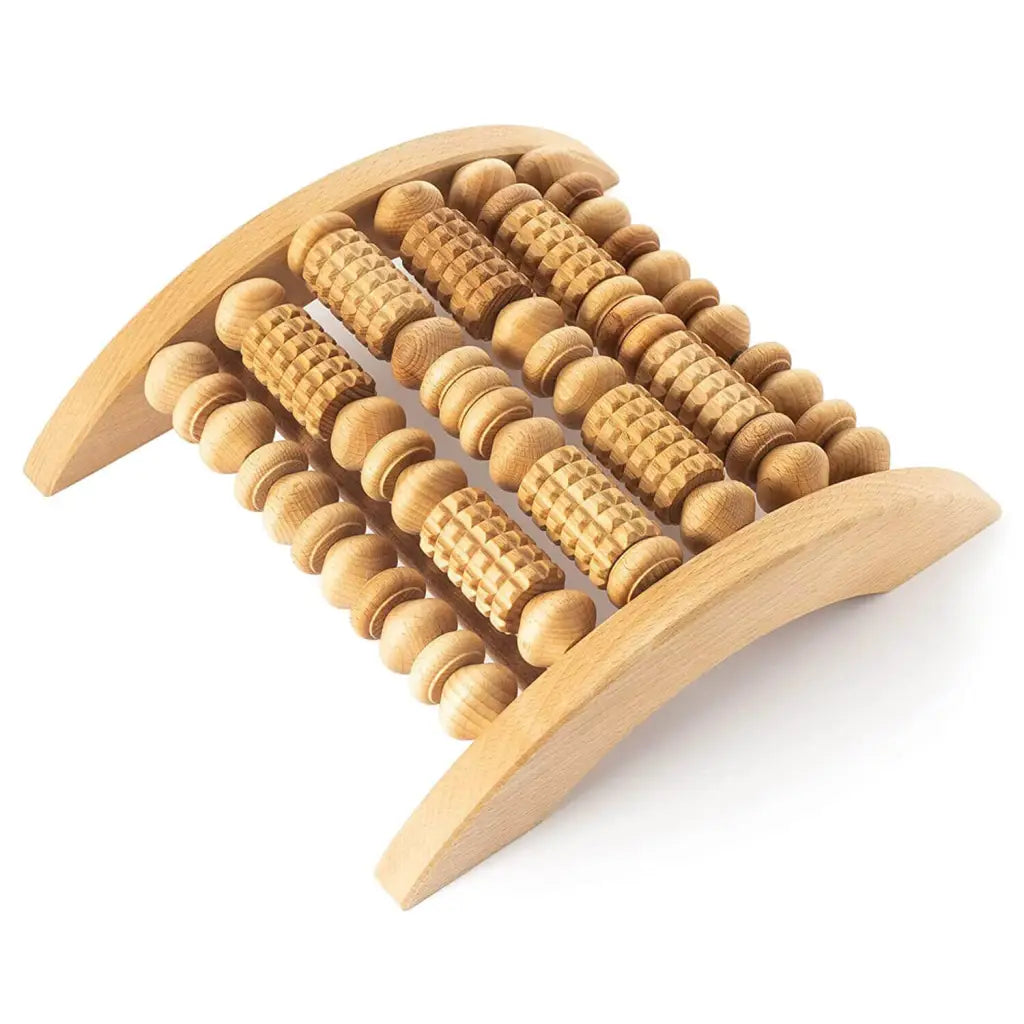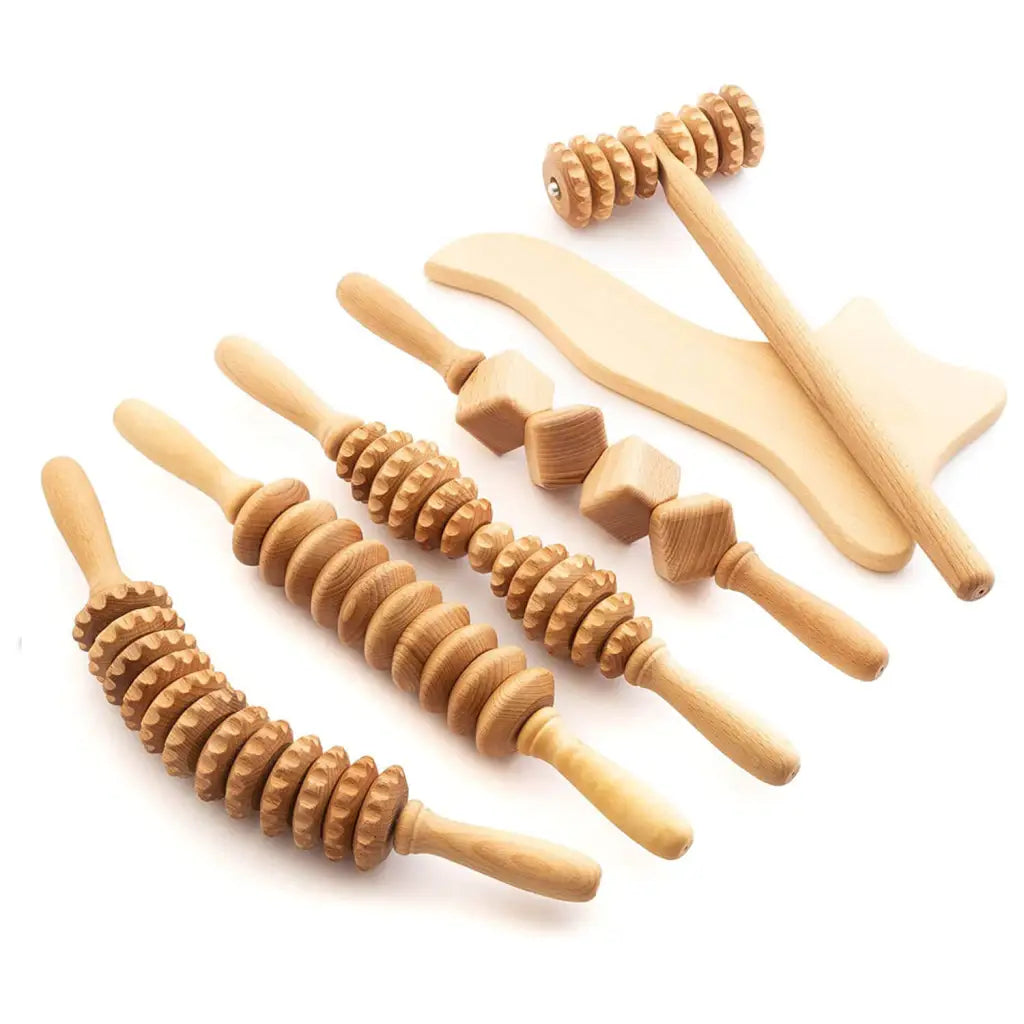
Wood vs. Plastic and Metal – 5 Advantages of Choosing Wooden Products
When choosing products for our daily needs, we all want the best!
However, we're often faced with an overwhelming array of options. One of the first decisions we have to make whenever choosing a product is the type of material it’s built with.
From plastic to metal, there are various materials available. However, one material stands out as a clear winner in terms of sustainability, aesthetics, and overall quality: wood.
Want to know why? Let’s dive into the realm of wooden wonders.
Why Wooden Products are Better than Other Materials?
In the ever-evolving world of material choices, wood stands out as a timeless and versatile option. When comparing wood against plastic and metal alternatives, it's evident that wooden products offer a unique set of advantages that cater to both practicality and aesthetics. From sustainability and durability to warmth and design versatility, wood has much to offer. This article dives into the five key advantages that make wooden products an excellent choice in a world dominated by plastic and metal.
1. Sustainability
Wooden products have a distinct advantage in terms of sustainability. Wood is a renewable resource, meaning that responsible forestry practices can ensure a continuous supply. In contrast, plastic and metal production often involve resource-intensive processes that contribute to environmental degradation. By opting for wooden products, you're supporting a more sustainable future.
2. Durability and Longevity
Wooden products are known for their exceptional durability. Properly treated and maintained, wood can withstand the test of time. Unlike plastics that degrade over years and metals that can corrode, wooden items gain character and strength with age. This advantage translates to products that offer lasting value, reducing the need for frequent replacements.
3. Aesthetic Appeal and Design Versatility
Wooden products add a touch of warmth and authenticity to any setting. The natural grains, textures, and colors of wood create a visual appeal that's hard to replicate with plastic or metal. Additionally, wood's versatility allows it to adapt to various design styles, whether you're aiming for a rustic, modern, or traditional look.
4. Environmental Impact
When comparing the environmental impact of wood, plastic, and metal, wood emerges as the winner. Wood production requires significantly less energy and produces fewer greenhouse gas emissions compared to the energy-intensive processes involved in plastic and metal manufacturing. Choosing wooden products contributes to a lower carbon footprint.
5. Customization and Craftsmanship
Wooden products often involve a level of craftsmanship that sets them apart. Skilled artisans can carve, shape, and manipulate wood into intricate designs that reflect dedication and attention to detail. While plastic and metal items are often mass-produced, wooden products allow for a personal touch and unique customization options.
Frequently Asked Questions (FAQs):
Are wooden products more environmentally friendly than plastic and metal?
Absolutely. Wood is a renewable resource, and its production has a lower environmental impact compared to plastic and metal manufacturing processes. By choosing wooden products, you're making a more sustainable choice.
Do wooden products require special maintenance to ensure durability?
Wooden products do benefit from proper maintenance, such as regular cleaning and occasional refinishing. However, with the right care, they can maintain their durability and even improve with age.
Are there limitations to the design styles that wooden products can fit into?
Not at all. Wooden products are incredibly versatile and can adapt to various design styles, whether you're going for a rustic, contemporary, or traditional look. The natural beauty of wood complements a wide range of aesthetics.
How does the cost of wooden products compare to plastic and metal alternatives?
While wooden products might have a slightly higher upfront cost, their durability and longevity make them a cost-effective choice in the long run. Plastic and metal items may need to be replaced more frequently, adding to their overall lifetime cost.
Can wooden products be as sturdy as metal items?
Yes, when properly treated and maintained, wooden products can be just as sturdy as metal items. In fact, wood's natural flexibility can make it more resilient in certain situations.
Are there any downsides to choosing wooden products?
While wooden products offer numerous advantages, it's essential to note that they can be susceptible to water damage and termites if not properly cared for. Regular maintenance and protective treatments can mitigate these concerns.
Conclusion:
In a world where plastic and metal dominate many industries, wooden products offer a refreshing and sustainable alternative. The five advantages outlined above—sustainable sourcing, durability, aesthetic appeal, environmental impact, and customization—underscore the appeal of wooden items. By choosing wooden products, you're making a conscious decision that combines practicality, aesthetics, and environmental responsibility.
So, the next time you need new items for your home or personal use, remember the countless advantages of wooden products and buy from Tuuli Shop. Our exquisite wooden offerings embrace the beauty and functionality of wood while making a positive impact on the planet.










